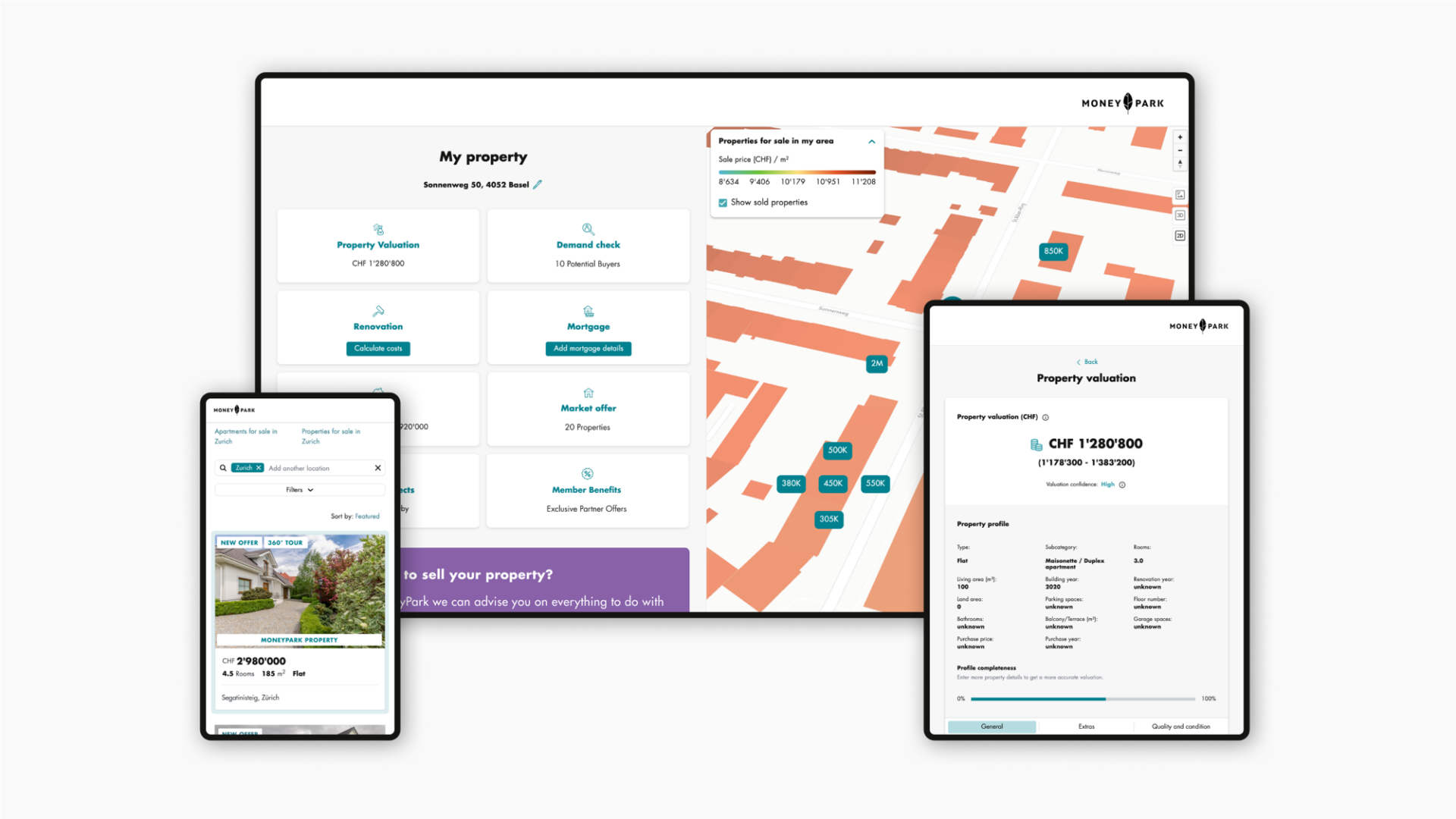
Gross negligence explained
What is gross negligence?
A car accident can happen before you know it: all it takes is a quick look at your phone, not coming to a complete halt at a stop sign, running a red light or fiddling with your navigation system. Accidents often occur because you were only inattentive or distracted for a brief moment. And yet, the examples given already qualify as gross negligence.
Gross negligence means failing to observe the most elementary precautions that any reasonable person would have taken in the same situation, and consequently endangering others and also yourself. Thus, gross negligence when driving includes all situations in which you seriously violate the rules of the road, like crossing a safety line or ignoring a stop sign.
What are the consequences of gross negligence?
Gross negligence has an impact on the insurance benefit paid when you make a claim. In such cases, the insurer is entitled to reclaim a portion of the costs incurred from the person who was grossly negligent. This is also called the insurer’s right of recourse. Depending on how grossly negligent the insured person was, this portion can amount to 20%, 50% or even more.
While this may be tolerable in the case of property damage, the figures can be astronomical with bodily injury claims, as these can include additional follow-up costs such as lost earnings.
Example of the financial consequences of gross negligence
You fail to come to a complete halt at a stop sign and hit another car. Your insurer initially pays the damage. Because the failure to come to a complete halt is considered as gross negligence, the insurer claims recourse and demands you repay a portion of the costs incurred.
Gross negligence cover
Even with due care, anyone can get distracted briefly when driving. Therefore you have the option of taking out supplementary insurance to waive recourse in cases of gross negligence. If you do so, Helvetia will refrain from claiming recourse against you in cases of gross negligence and will bear the full cost of the damage.
But remember: driving under the influence of alcohol, drugs or other medication is excluded from the waiver. Your insurance will also not cover cases in which you exceed the speed limit by a wide margin or are physically or mentally unable to drive (e.g. if you fall asleep behind the wheel).




